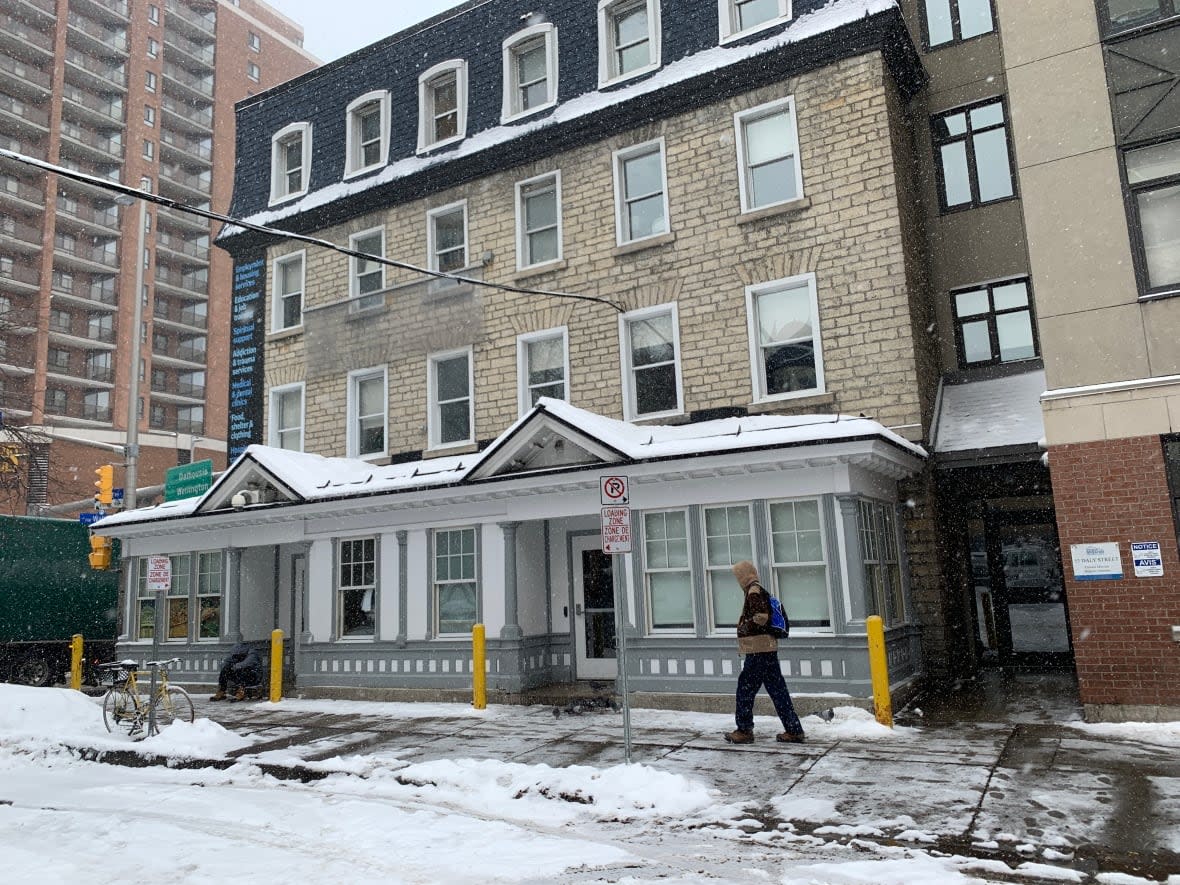City to help Ottawa shelters boost their pay — and keep their staff

Some Ottawa shelters say they are seeing high turnover as front-line workers leave for better paying jobs, and now the City of Ottawa intends to help them boost wages to keep experienced staff from walking out the door.
The Ottawa Mission has been in a constant state of interviewing and hiring during the pandemic, said executive director Peter Tilley, and these days some of its most "veteran" case workers and front-line staff have only been in their roles for less than a year.
Many employees move on to mid-level jobs at the city, the provincial government or other organizations, said Tilley, adding the shelter just did a market survey to understand where it stood.
"The challenge is — as much as [employees] want to stay here — some of these places are paying $15,000 to $20,000 a year more. We're not even close in that regard," he said.
"It can have such an impact on a young professional's life, as far as purchasing a house, given housing prices."
One particularly compassionate front-line worker has just been offered a job that pays $30,000 more, he said.
Losing experience with de-escalation
One of Tilley's key concerns is losing workers who have de-escalated situations multiple times and kept other staff and clients safe.
While new staff are trained in talking down potentially violent clients and administering naloxone to people overdosing on drugs, Tilley said it's critical for them to shadow more experienced staff.

At the Shepherds of Good Hope, senior communications manager Caroline Cox said core staff have stayed on but there has been turnover among front-line jobs that aren't as well-compensated.
"Anything that the government can do to try to support people and to make it a bit more appealing to enter this sector is really helpful. Because we need good people," she said.
The rise of the Omicron variant over the winter also led to many staff calling in sick with COVID-19, Cox said. Then came the convoy protest, when people had trouble getting to the Lowertown location.
The shelter managed to bring on staff by hiring people who had been let go from restaurants, she said.
"It's definitely been the most challenging winter I've ever seen in terms of staffing at Shepherds," said Cox.
$830K from the city
It's not only a problem among front-line staff, however. Tilley said that given the demand for skilled trades, it took six months for the Ottawa Mission to hire a new maintenance manager.
"What are your options? It's so hard to compete with what's happening out there in construction and maintenance. Do you give everyone $10,000 or $15,000 raises to keep them? We may have to."
Non-profit organizations always deal with thin margins, but the Ottawa Mission could have to do more fundraising or dip into reserves to hold onto staff, he said.
"We have to stop the bleeding," Tilley said.
On Thursday, the City of Ottawa's community and protective services committee received an update from its director of housing services, Saide Sayah, on the $65 million in provincial funding being administered this year for everything from shelters to rental subsidies to capital repairs.
That funding includes a "modest" $1.5-million increase, of which Sayah said up to $830,000 will go to shelters and other community agencies so they can look at job descriptions, increase salaries and create a "more stable sector."
"We don't want people supporting homeless people who are necessarily struggling to pay for housing themselves," noted Sayah.


